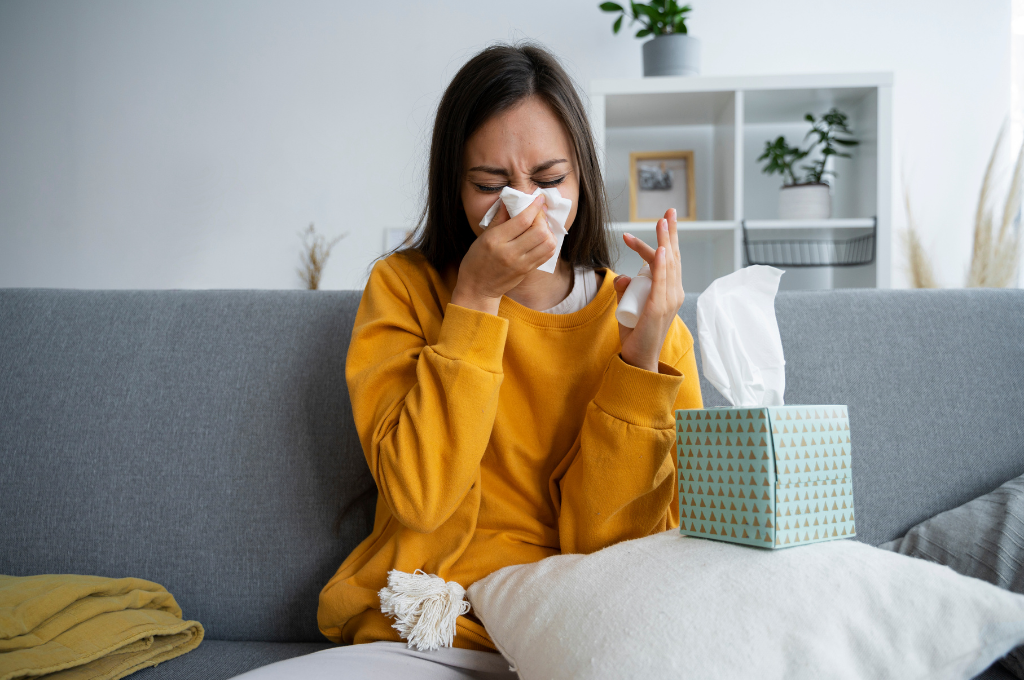Typically, a few days after recovering from a cold or flu, we experience symptoms again. Carmen Mabel Benítez, an infectious disease doctor at the Posadas Sanatorium (province of Misiones), explains that in some cases respiratory viral infections often lead to secondary bacterial Repeated infections may make the infection more severe. In this sense, he commented: “When a patient gets better from the flu and then develops a fever ten days later, it is most likely caused by bacteria.”
The immune system reacts differently depending on which organ is affected. In the case of the flu, it’s the lungs. When a virus enters a cell, it uses the DNA in the cell to multiply. This process is registered by the immune system as an attack and actually releases defenses that intervene as inflammatory mediators.
White blood cells then produce antibodies to attack the virus. Both processes cause damage to cells. “When viruses cause damage, bacteria immediately enter as well, and a double infection of bacteria and viruses can occur. It is important to pay attention to the clinical evolution of the patient,” Benitez added.
While this doesn’t happen in all cases, it can happen. In particular, it can occur in the most vulnerable groups, such as patients with chronic inflammatory lung diseases, patients undergoing chemotherapy, patients near the end of life (neonates or the elderly), etc. “Patients with heart failure and kidney failure are 50 percent more likely to die from influenza compared to healthy people,” Benitez said.
Here are some tips for preventing the flu:
- Pay attention to supplementing vitamin D. “It’s important to take a daily vitamin D supplement, especially if you have an infection,” says clinician Liliana Aslanian. This vitamin is necessary for our bodies to absorb calcium, one of the main substances that strengthens bones.
- Balanced diet. Aslanian recommends a diet based on vegetables and fruits, with protein sources (meat and legumes) included.
- Have complete vaccination records. One of the most important measures, especially for adult patients and vulnerable groups. “These groups often show resistance to vaccination,” Benítez said, adding: “In the case of the flu vaccine, it reduces mortality by 70% and hospitalizations by 50%.”
- do excercise. Although it’s not recommended during an infection, “regular exercise can improve immunity and make recovery from any illness faster and more effective,” Aslanian says.

